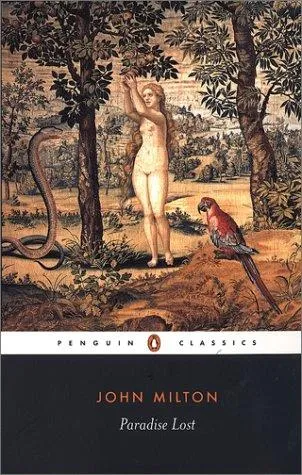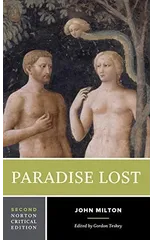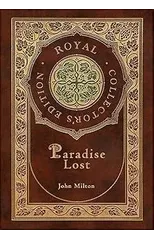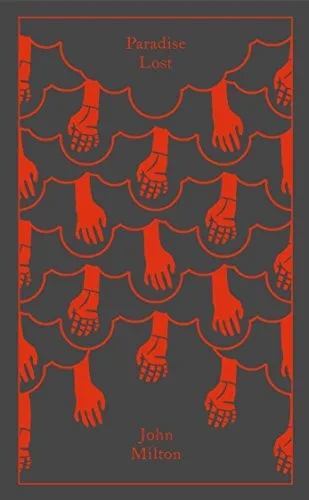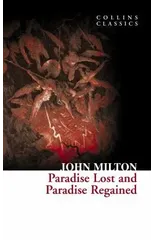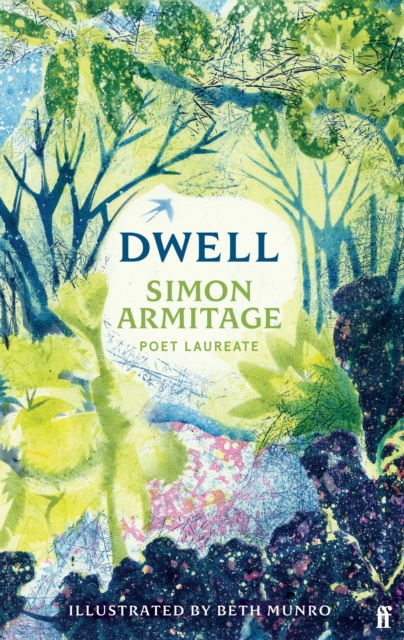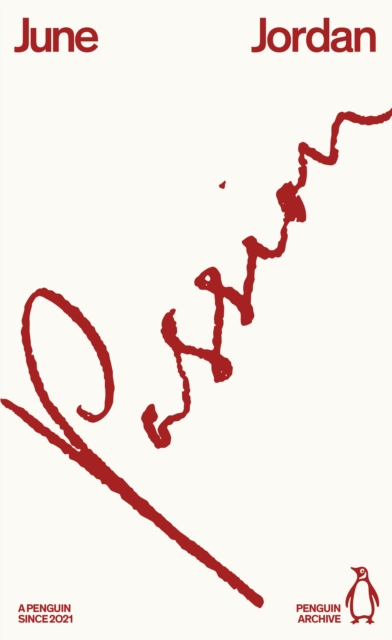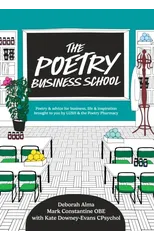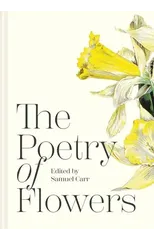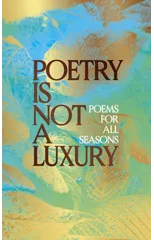John Milton's celebrated epic poem exploring the cosmological, moral and spiritual origins of man's existence A Penguin Classic In Paradise Lost Milton produced poem of epic scale, conjuring up a vast, awe-inspiring cosmos and ranging across huge tracts of space and time, populated by a memorable gallery of grotesques. And yet, in putting a charismatic Satan and naked, innocent Adam and Eve at the centre of this story, he also created an intensely human tragedy on the Fall of Man. Written when Milton was in his fifties - blind, bitterly disappointed by the Restoration and in danger of execution - Paradise Lost's apparent ambivalence towards authority has led to intense debate about whether it manages to 'justify the ways of God to men', or exposes the cruelty of Christianity. For more than seventy years, Penguin has been the leading publisher of classic literature in the English-speaking world. With more than 1,700 titles, Penguin Classics represents a global bookshelf of the best works throughout history and across genres and disciplines. Readers trust the series to provide authoritative texts enhanced by introductions and notes by distinguished scholars and contemporary authors, as well as up-to-date translations by award-winning translators.
John Milton
John Milton (1608-1674) was an English poet and intellectual who is best known for his epic poem "Paradise Lost." Considered one of the greatest works in the English language, "Paradise Lost" explores themes of sin, redemption, and free will through the story of Adam and Eve's fall from grace. Milton's writing is characterized by its grandeur, complexity, and use of blank verse.
In addition to "Paradise Lost," Milton's other notable works include "Paradise Regained" and "Samson Agonistes." His works often reflect his deep religious convictions and his belief in the power of the individual to overcome adversity. Milton's contributions to literature include his advocacy for freedom of speech and his use of poetry as a means of exploring complex philosophical and theological ideas.
Overall, John Milton's impact on the literary genre of epic poetry is profound, as his works continue to be studied and revered for their eloquence, depth, and timeless themes.
